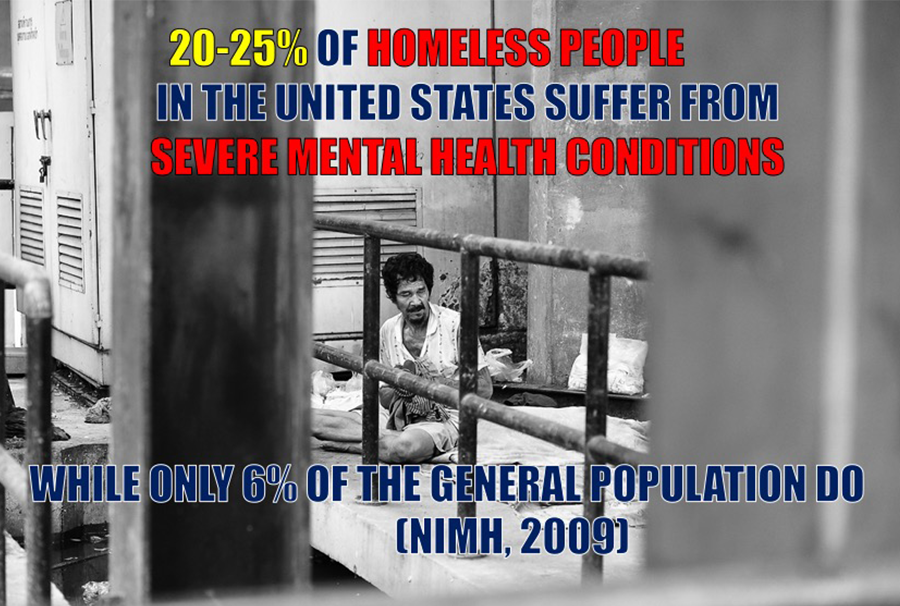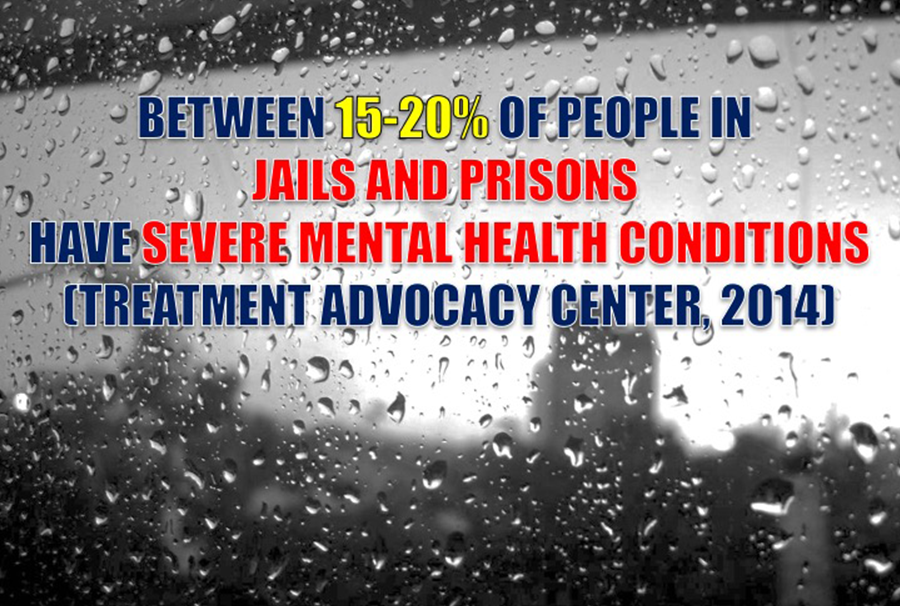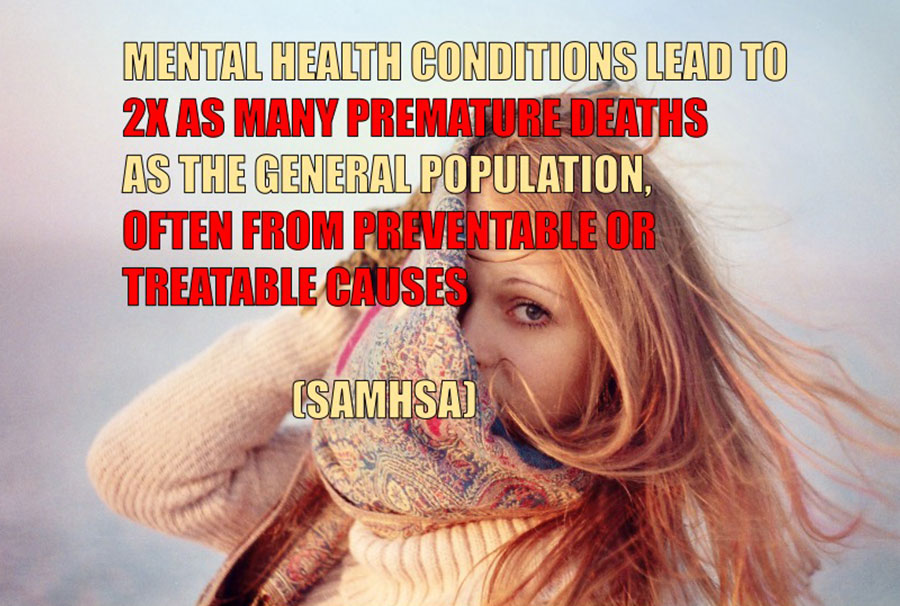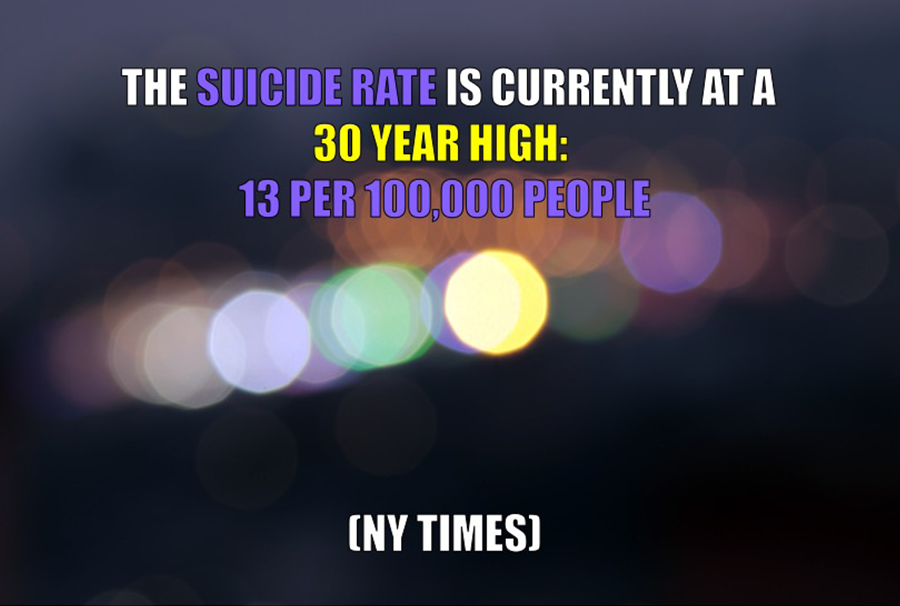Mental Health Advocacy Guide
Stronger Together
As an advocacy organization, we want to empower you with the tools and information you need to advocate for dignity in mental health in every capacity - as an individual, group, and alongside Center for Independence. All you have to say is that you want help, or that you want to join in the movement for respect, dignity, and equality in mental health, and we will take it from there.
CID San Mateo is prepared to advocate on your behalf. All of our programs can be tailored to assist people facing mental health roadblocks. Some of the challenges we are prepared to help you with:
- Access to mental health care and insurance restrictions
- Reasonable accommodation requests
- Finding housing
- Peer suport
- IEPs
- Transition from inpatient care into the community
- Independent living planning and support
- Independent living skills
- And more
People with disabilities have historically been isolated due to ignorance, neglect, superstition, and fear (United Nations). It is our hope that through education around mental health we can empower ourselves and others, so that we may engage in constructive dialogue to foster change and better address the mental health crisis in the United States and around the world.
FAQs About Mental Health
Click on the questions below to read more about the facts and answers on that topic.
The Job Accommodation Network (JAN) provides a wealth of helpful content and a database listing by disability and possible accommodations that can be requested. The database is useful if you are considering talking to your employer and need ideas on what to request.
You can receive free and confidential guidance about job accommodations and the Americans with Disabilities Act from a JAN consultant (by phone, text, Skype, email, social networks, or mail correspondence).
You can refer to the Legal Aid Society – Employment Law Center (LAS-ELC). They provide free and confidential hotlines (domestic violence and your job, language rights, disability rights or family and medical leave), do-it-yourself guides, video guides, fact sheets, and more resources. LAS-ELC is the only legal services nonprofit in the U.S. that advances justice and economic opportunity for low-income people and their families at work, in school, and in the community. You can reach the by phone at 877-350-5441.
Read about the U.S. Equal Employment Opportunity Commission (EEOC) Enforcement Guidance on the Americans with Disabilities Act and Psychiatric Disabilities.
Though having a mental illness diagnosis can feel like it's going to be the ultimate definition of who you are as a person, especially in the beginning, that's really not the case. As you work through the illness, it might take a central place in your life while you learn to manage it. Naturally, you might feel like it's a big part of your identity that you can't escape from. This could lead to feelings of diminished self esteem. It's important to not bring yourself down during this time – remember all the qualities that you possess, the passions you exercise, and the reason people around you love you and are drawn to you.
With time, you are probably going to find that your mental illness takes a backseat to your life as you master the symptoms. Surround yourself with people who accept you as you are, affirm your identity and sense of purpose, and be clear on your boundaries with regards to your level of transparency about your condition. Remember, having a mental health condition is protected information - how you view it and whether as well as how you talk about it is up to you.
The best way to remain as independent as possible, as someone with a psychological condition is most likely to seek treatment. This can be difficult at first if you are finding it hard to accept your diagnosis, but if there is an underlying organic condition it is imperative to get help. Remember, mental illness is an organic disease of the brain, not a character flaw. There is nothing to be ashamed of or embarrassed about. You will have to create your own support system of people you trust, and have faith in their efforts to bring you back to wellness. Oftentimes, mental illnesses cause people to do or say things that put them and possibly others in vulnerable situations. These repeated behaviors can lead to diminished trust, whether it is from loved ones, or whether it leads to legal consequences. If you are in the latter group, it may take time to rebuild trust in your relationships or to get out of legal embroilments.
Thus, in order to maintain or regain your independence, it is important to have patience and perseverance.
Have faith that you will recover from the illness, or at the very least you will learn to cope with the symptoms.
Ultimately, your support system will be there to help lift you up when you are in crisis, but the biggest effort will come from you.
If you feel that your rights are being violated, you can contact an advocate or legal professional who will advocate on your behalf.
Even though you are relying on others when in crisis, you deserve to be treated with respect and dignity, and you have rights regardless of disability status or if you are in inpatient care.
Contact Disablity Rights California: https://www.disabilityrightsca.org/pubs/539201.htm
California's protection & advocacy system:
For legal assistance call 800-776-5746.
People respond differently to conditions and challenges, but research has shown a correlation between physical disability and mental health conditions more than in the general population.
Disability is more prevalent in people with mental health conditions, and people with physical disabilities have a greater risk of adverse mental health outcomes. People with mental illness are more likely to have disability because they are more likely than other people to suffer from potentially disabling illnesses such as heart disease, high blood pressure, respiratory disease, diabetes and stroke (Disability Rights Commission, 2006). There are (3) potential explanations as to why having a physical disability increases the risk of mental illness. The first explanation is that living with a physical disability is a stressor itself. The physical disability or disease can affect the brain, and medications can also have an effect. Trauma, declining health, lifestyles changes, pain, loss of support can all create psychological burdens. The second explanation says that having a mental disorder increases the risk of disability. A possible reason is that people with mental disorders engage in more high risk behaviors that lead to adverse consequences such as heart disease, diabetes, stroke, HIV/AIDS, tuberculosis, and accidental or non-accidental injuries. The third explanation finds that low socioeconomic status might independently increase the risk of disability and mental health disorders.
Due to this increased vulnerability, if you have a mental health condition or a physical disability, it is important to honor the mind-body connection with the awareness that these are intricately connected. Make sure that you have a holistic treatment team so that you may make the best health decisions possible - nutrition, exercise, relaxation, yoga, meditation, talk therapy, medications - these are all important!
Honey A, Emerson E, Llewellyn G, Kariuki M. 2010. Mental Health and Disability. In: JH Stone, M Blouin, editors. International Encyclopedia of Rehabilitation. Available online: https://cirrie.buffalo.edu/encyclopedia/en/article/305/
Prevention is key and there are (2) approaches that must be taken with regards to people with disabilities. Firstly, lower socio-economic status and financial hardship has been correlated with adverse mental health outcomes. Thus, it is essential that social and fiscal policies address the needs of people with disabilities so that they are not exposed to conditions that negatively influence mental health. People with disabilities typically face higher rates of poverty, hardship, and unemployment. It is important that people with disabilities be given equal employment opportunities. Policies should address public attitudes towards individuals with disabilities in order to reduce discrimination and stigma. Secondly, programs that increase individual resilience can have a powerful effect in preventing mental health disorders amongst people with disabilities. Although there are no studies that have addressed this specifically, interventions such as cognitive behavioral therapy (CBT) and interpersonal therapy (IPT) have been found effective in the general population.
Honey A, Emerson E, Llewellyn G, Kariuki M. 2010. Mental Health and Disability. In: JH Stone, M Blouin, editors. International Encyclopedia of Rehabilitation. Available online: https://cirrie.buffalo.edu/encyclopedia/en/article/305/
Although mental illness is nothing to be ashamed of, your health status is protected information and you should give special consideration over whether to disclose it to someone. There is disclosure in social, professional, and medical realms. You might have the desire to balance maintaining authenticity while preserving your sense of privacy, wellbeing, and safety.
In the medical realm, it is advisable that you inform those people under your care - specifically your medical doctors. They will want to know about your mental health condition and any medications you take in order to optimize your care.
Divulging a mental health condition within your social circles is a personal matter. It is influenced by factors such as levels of openness, identification with the illness, value for privacy, and desire for connectedness. Here are some questions you may want to ponder when deciding whether to tell a friend, a loved one, or someone you've recently met:
- Can this person be a support to you - will their knowing enhance your plan of care?
- How long have you known them?
- How have they reacted around mentions of mental illness?
- How are they connected to your other circles (professional, family, friends, etc.)?
- What is your motivation for telling them?
The professional realm is a tricky one. Our society is behind in terms of acceptance and openness about mental illness, also in the workplace. The consequences of divulging your mental health condition to your employer will be influenced by company culture and the person you are sharing it with. They might have had exposure to mental illness before or not. They may be supportive, or they may become defensive and put measures in place to protect the company's interest. You may need to take medical time off, in which case you may have to tell your employer that you have a medical condition, in as much or as little detail as you want. You decide who gets to know.
Luckily, there are laws in place to protect you against discrimination in the workplace. Your rights are protected under the Americans with Disabilities Act (ADA) and employers are required to provide reasonable accommodations, unless doing so would cause them undue hardship. Read more about disability discrimination: https://www.eeoc.gov/laws/types/disability.cfm
Did You Know…
More Resources Addressing Mental Health
Mental Health
Overview
At its best, the appearance of a mental health condition will only require a few lifestyle changes. Whether you suffer from a psychological condition or know someone that does, it's important to educate yourself.
Get Started
San Mateo County
Mental Health Services
Whether you are new to mental health care, need to adjust your services, or find information on mental health, this guide provided by the County of San Mateo will help you navigate the system.
Find Out More



